A PLUME BOOK
WHY WE WRITE ABOUT OURSELVES
Leslie Bohm Photography
MEREDITH MARAN published her first memoir at age nineteen and has since written several memoirs and narrative nonfiction books including Why We Write, My Lie, and Class Dismissed, as well as the 2012 novel A Theory of Small Earthquakes. She writes essays and book reviews for newspapers and magazines including People, Salon.com, the Boston Globe, and the Los Angeles Times. She lives in Silver Lake, Los Angeles, and on Twitter at @meredithmaran.
PLUME
An imprint of Penguin Random House LLC
375 Hudson Street
New York, New York 10014
penguin.com

Copyright 2016 by Meredith Maran
Penguin supports copyright. Copyright fuels creativity, encourages diverse voices, promotes free speech, and creates a vibrant culture. Thank you for buying an authorized edition of this book and for complying with copyright laws by not reproducing, scanning, or distributing any part of it in any form without permission. You are supporting writers and allowing Penguin to continue to publish books for every reader.
Each selection is the copyrighted property of its respective author and appears in this volume by arrangement with the individual writer.
 REGISTERED TRADEMARKMARCA REG ISTRADA
REGISTERED TRADEMARKMARCA REG ISTRADA
eBook ISBN: 978-0-698-18532-6
LIBRARY OF CONGRESS CATALOGING- IN-PUBLICATION DATA
Why we write about ourselves : twenty memoirists on why they expose themselves (and others) in the name of literature / edited by Meredith Maran.
pages cm
ISBN 978-0-14-218197-3 (paperback)
1. AutobiographyAuthorship. 2. Biography as a literary form. I. Maran, Meredith, editor.
PE1479.A88W48 2016
808.06'692dc23 2015015830
Penguin is committed to publishing works of quality and integrity. In that spirit, we are proud to offer this book to our readers; however, the story, the experiences, and the words are the authors alone.
While the author has made every effort to provide accurate telephone numbers, Internet addresses, and other contact information at the time of publication, neither the publisher nor the author assumes any responsibility for errors or for changes that occur after publication. Further, the publisher does not have any control over and does not assume any responsibility for author or third-party Web sites or their content.
Version_1
For those who read memoirs and those who write memoirs, and for those who wish we wouldnt.
Were all just looking for truth, arent we.
Contents
Acknowledgments
O h, Becky Cole. Becky Cole! Whats not to love about an editor who starts her edit letter, Do you have five minutes? Then you can probably make the requested changes in the ms. Golly, its good. Thank you, Becky, for keeping both of us laughing even when certain unnamed memoirists (not one of whom appears in this book) proved to be kind of, well, difficult, causing us to wonder whether we could get away with, say, thirteen or fourteen contributors instead of twenty.
Linda Loewenthal, youre such a good person, its hard to believe youre an agent. Youre more like a spirit guide. A spirit guide whos also a hardass negotiator and brilliant thinker and editor and book-doula and muse and, most of all, an indefatigable, unflagging, loving literary companion. Thank you. I love you.
For time, space, and profound nourishment: a thousand picnic basketsful of thanks to the artists colonies MacDowell, Yaddo, the Mesa Refuge, Ragdale, the Virginia Center for the Creative Arts, and the Mabel Dodge Luhan House.
Booksellers and independent bookstore owners: I hope everyone who buys this book will buy it from you.
To my friends and family: Thank you for holding me up, at all times, no matter what.
Introduction
Ive given my memoirs far more thought than any of my marriages. You cant divorce a book.
Gloria Swanson

G lorias right. You cant divorce a memoir. But, as the twenty successful authors in this book attest, you can (and some do) divorce, disown, de-friend, or defame a memoirist. If you want to ruin your life and/or others, theres really no more surefire method than writing a true-life tale according to you.
Why, then, do so many authors risk public, private, and/or professional excoriation for the dubious pleasure of writing about themselves? What is it about sharing ones deepest thoughts, feelings, and experiences with others that makes it worth the mayhem and mishegas?
Without demand, of course, there would be no supply. So we must also ask why we read memoirs. For centuries, readers, reviewers, and social commentators have been gobbling up first-person narratives, all the while diagnosing the books authors with attention-seeking disorders. Is the urge to read memoirs the same urge that makes us peek into strangers undraped windows at nightnot just because were nosy, but to learn something from how other people live, in order to live better lives ourselves?
Whatever the reasons for our attachment to memoir, its a phenomenon thats unlikely to go away anytime soon. The genre has been around since St. Augustine wrote his thirteen-volume Confessions around A.D. 400. In one form or another, memoir lives on todayin the journal entry, blog, confessional e-mail, or Facebook post you wrote an hour ago. Forgive us, Descartes; todays philosophy of existence might best be expressed thusly: I overshare, therefore I am.

People who love memoirs claim that the telling of the true-life story is the contemporary incantation of oral history, an invaluable contribution to the enlightenment, the collective consciousness, perhaps even the evolution of the species.
People who dont love memoirs say the genre is a scourge upon the human race, a playing field upon which attention-craving, sensationalistic, crass, and craven narcissists head-butt and navel-gaze their way to the bestseller lists.
Between the covers of this book, twenty very different memoirists share their very different reasons for doing what they do and their sometimes different, sometimes overlapping approaches to the controversies that surround the genre.
Im always asking myself if material I have from my own life would be best used in a novel or a memoir or a short story or an essay, says Cheryl Strayed. I was moved to write Wild as a memoir because I thought that was the best way to tell that particular story.
I actually never intended to publish a book, says Ishmael Beah, whose bestselling

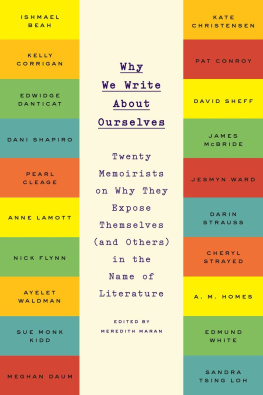
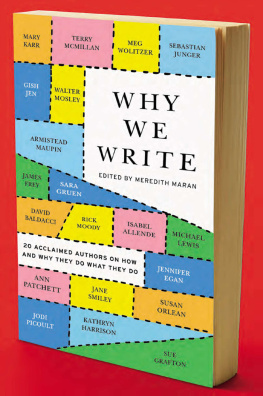
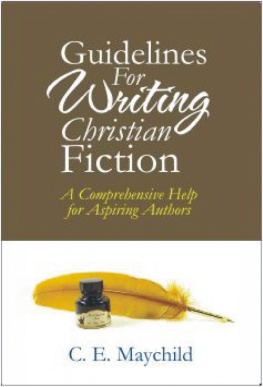
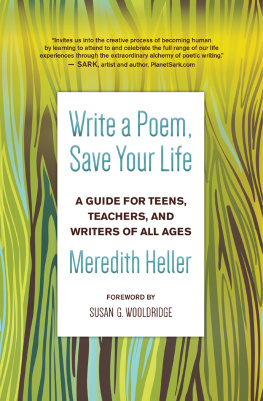
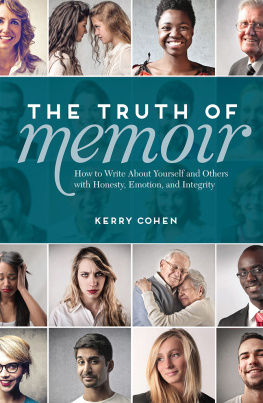
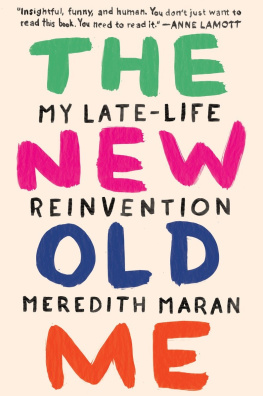
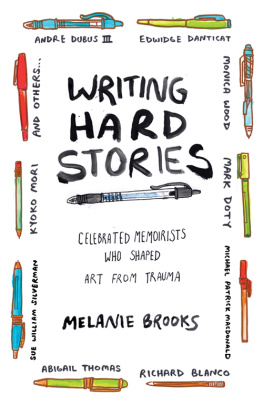
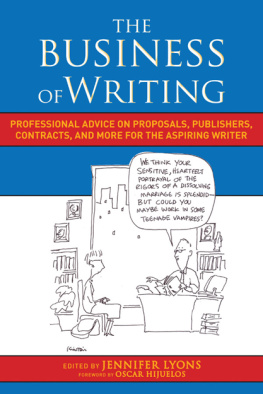


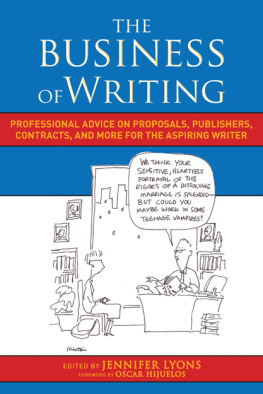
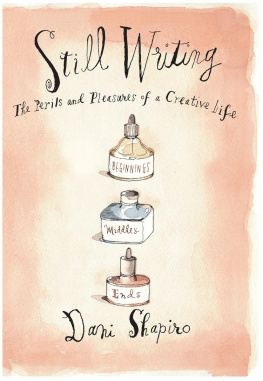

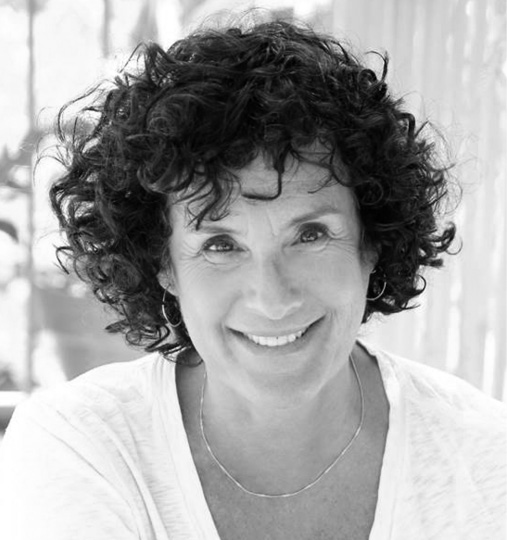
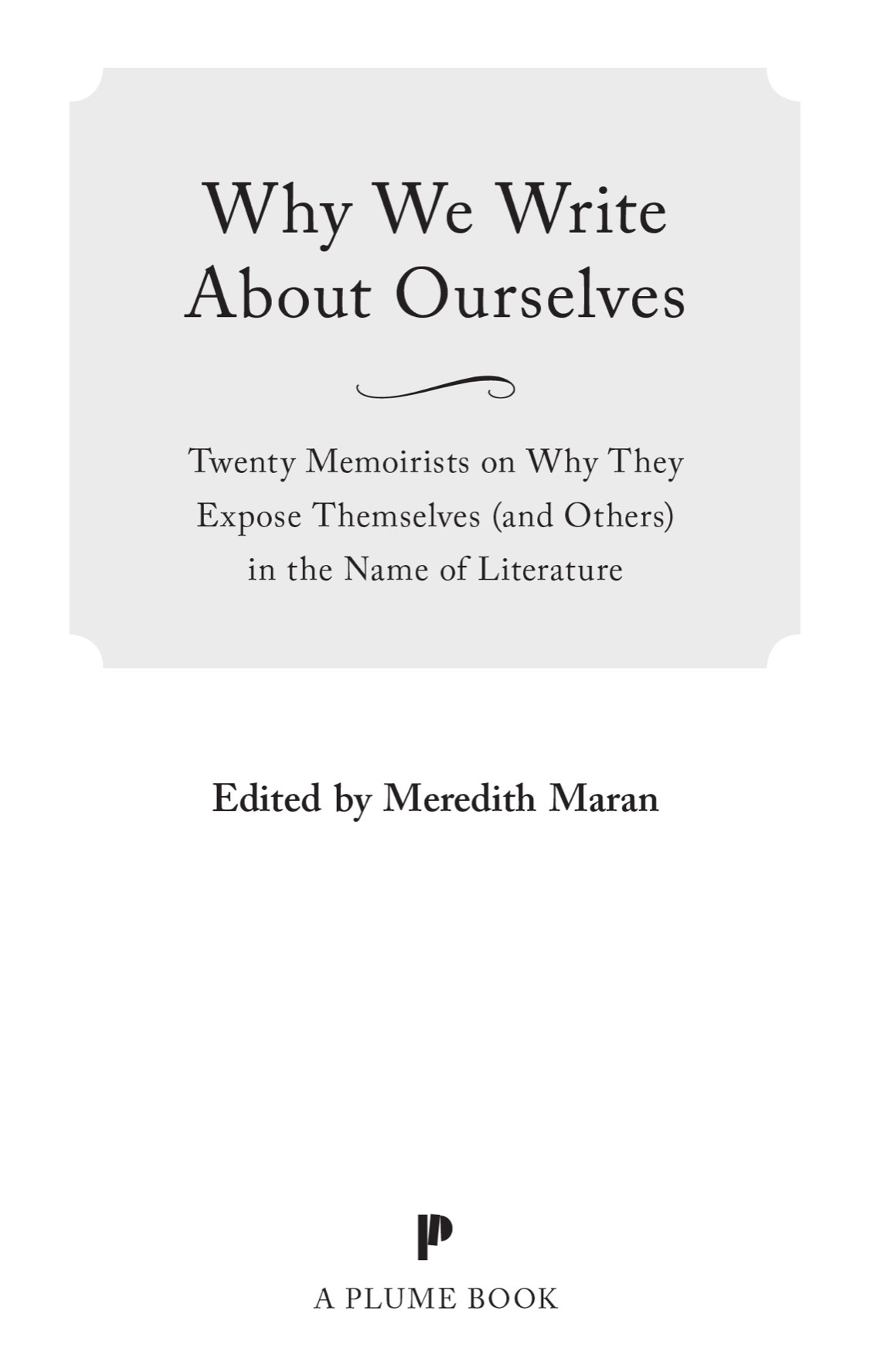

 REGISTERED TRADEMARKMARCA REG ISTRADA
REGISTERED TRADEMARKMARCA REG ISTRADA